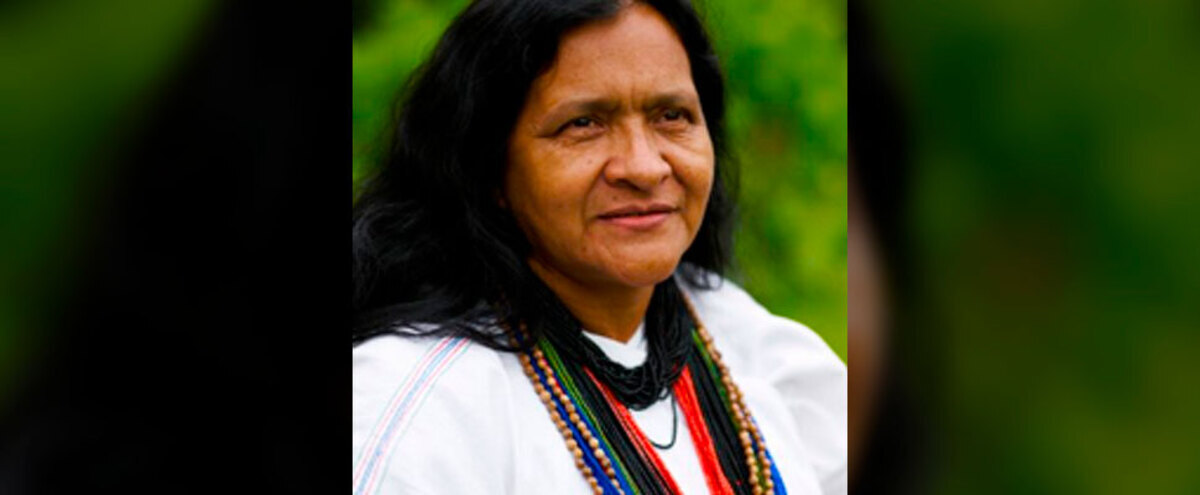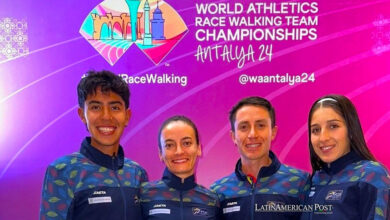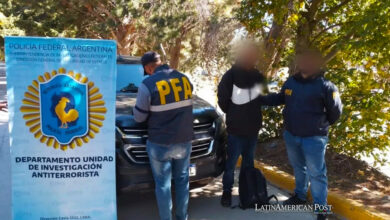President-elect Gustavo Petro seeks to have a diverse cabinet and representatives like Leonor Zalabata new Ambassador to the UN.

The Woman Post |Diana Sedano Valdes
Listen to this article
Read more content like this at: thewomanpost.com
It is a great opportunity for political leaders from marginalized areas to participate in high-level decision-making spaces.
Leonor Zalabata will be the next Colombian ambassador to the United Nations in New York. She is the first Indigenous woman to be appointed to this position. Other countries in the region, like Bolivia or Ecuador, have accomplished an important level of representation by Indigenous politicians in public leadership positions in local and international spaces. However, even if the Indigenous population in Colombia ascends to two million people among more than 115 original communities, their political participation and visibility are reduced. President-elect Gustavo Petro is pursuing to have a diverse cabinet and representatives. Thus, it is a great opportunity for political leaders in marginalized areas to participate in high-level decision-making spaces. Zalabata has received critics from several politicians and some media outlets who imply she does not have the skills to occupy this position. However, those attacks are groundless and reflect machismo, aporophobia (rejection of the poor), and exclusion in the country.
Leonor Zalabata: more than 30 years fighting for human rights and climate justice
Zalabata is part of the Arhuaco community that inhabits the Sierra Nevada of Santa Marta. Arhuacos have had visibility for their mochilas in Colombia and abroad; however, besides their artisan products, people tend to ignore the violence suffered in their territories for many decades. Leonor Zalabata started her activist and political life to defend her community and territory against that violence.
She has always been interested in education and was one of the first women in her community to access higher university studies. She went to Universidad de Antioquia thanks to a scholarship and pursued a bachelor’s degree in social dentistry to address health access issues in her community. Her political activism began to be more visible in the 90s due to the murder of three Indigenous leaders during the National Constituent Assembly. She led different protests demanding justice, human rights protection, and actions against climate change. Therefore, she became representative of her people before different international institutions, including some commissions of the United Nations. She participated in the peace dialogues during the governments of former presidents Pastrana and Santos. She is also a writer and columnist.
Her new role as ambassador to the United Nations
Leonora Zalabata recognizes how Indigenous peoples have succeeded in remaining with their culture and have achieved participation in international spaces. She has experienced different forums discussing human rights and biodiversity that count on important Indigenous participation. Her goal is to promote the defense of the human rights of not only Indigenous peoples but also all Colombians who are victims of violence. She acknowledges that she is not a Ph.D. in human rights studies but was educated largely on the ground with a local and practical basis in the territories. She has promoted the deep interest of Indigenous peoples to advocate for peace dialogues.
Also read: Meaning of the Symbols Used During the Ceremony of the New President in Colombia
In this sense, she will seek more active participation of her delegation to promote dialogues highlighting Colombia as a strong democracy and a social state under the rule of law. Her scope of work will follow president-elect Petro’s alignments: peace, social justice, and environmental justice. She will defend the Colombian Peace Agreement at the international level and seek greater international cooperation to guarantee it. Leonora Zalabata will advocate protecting social leaders, women, and vulnerable communities. As she says, “it is not only an interest of Colombia but of all humanity around the world; it is a global commitment.”





